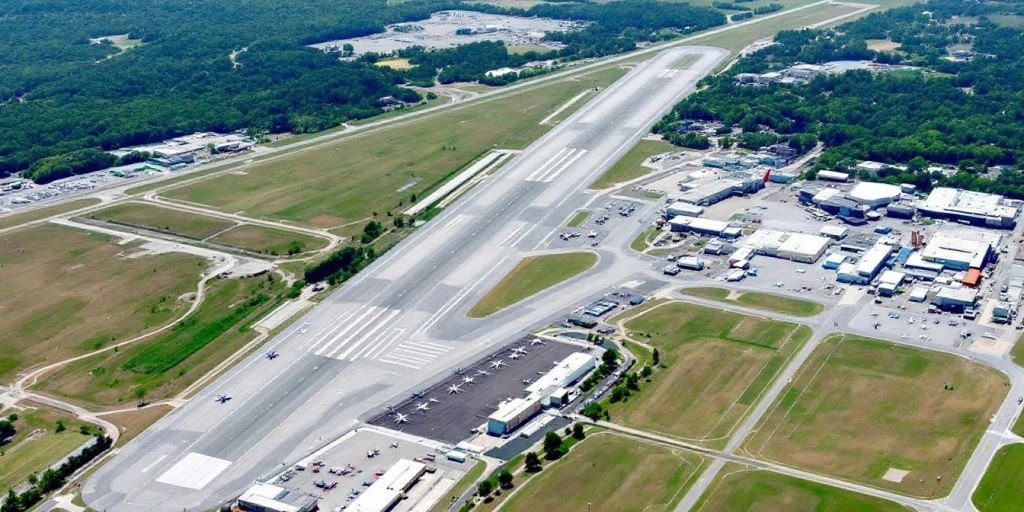FFS, which stands for Flight Following Service, encompasses providing navigational support to aircraft in the form of information and guidance to ensure safe and efficient completion of their planned flights. This assistance includes maintaining continuous radar tracking, offering flight information such as establishing aircraft positions at specified intervals, navigating around adverse weather conditions, avoiding collisions, alerting rescue services when necessary, and aiding aircraft in distress or emergencies, as well as assisting with diversions.
It’s important to note that the Flight Following Service is advisory in nature and does not involve positive control over aircraft movements.
Services are provided for different categories of flights:
VIP Flights
Continuous radar tracking is upheld for all known VIP flights. Services mentioned in various categories are provided based on the judgment of the GCI controller, regardless of whether a specific request has been received from the aircraft.
Non-VIP Flights
Services are offered upon request, either through the flight plan or via radio communication.
Aircraft in Distress
When a distress message is received via radio transmission (R/T) or Identification Friend or Foe (IFF) by a GCI station, it is mandatory for the controller on duty to take certain actions to assist the distressed aircraft.
Practice Flight Following Service (FFS)
Aircraft requiring Flight Following Service for training purposes should indicate so in their communication. However, there are certain restrictions and conditions under which this service may not be provided.
Procedures for both Aircraft and GCIs are outlined to ensure effective communication and coordination. Pilots are required to request FFS when planning operations where it’s deemed necessary, and communication protocols are established for both pre-flight requests and in-flight requests for FFS.
Regarding navigation through adverse weather conditions, GCI stations are responsible for detecting and providing information about such conditions within their radar coverage. They issue warnings and instructions for safe navigation, including circum-navigation if requested by pilots.
Pilots utilizing FFS automatically receive weather information, while others can request it as needed. If a pilot decides to transfer responsibility for navigation to the GCI squadron, they can do so by requesting circum-navigation assistance. Otherwise, GCI squadrons provide information to pilots upon request.






